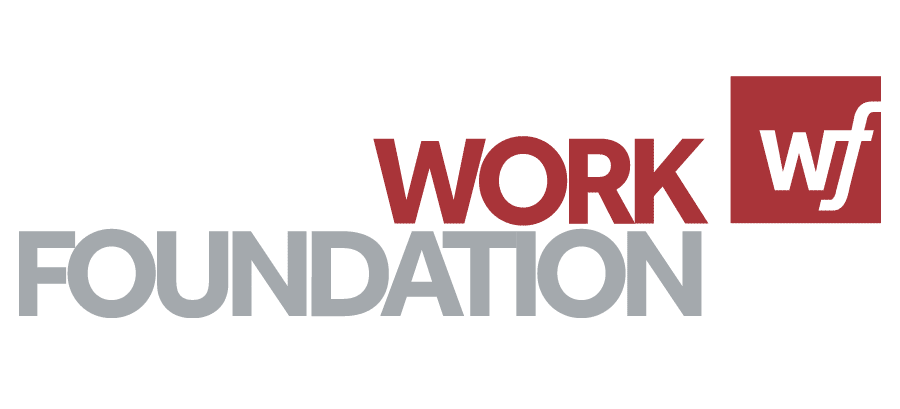Project rationale:
This project explores workers with disabilities and/or long-term health conditions and their experiences of remote and hybrid working, specifically in how to make remote and hybrid working (working both at home and from the office) more inclusive to promote recruitment, job retention and progression. It builds upon a previous Work Foundation-led research project conducted by some members of this project team focused on making hybrid work more inclusive, which can be found in full on the Work Foundation website by clicking anywhere on this line.
Workers with disabilities and/or long-term health conditions have significantly lower employment rates than those without. Different forms of remote and hybrid working can help support workers’ job retention by enabling them to manage work around their health conditions/impairments, yet has often been withheld by employers. The COVID-19 pandemic led to widespread remote working and many employers have retained it while some have introduced hybrid working, opening up new opportunities for workers with disabilities and/or long-term health conditions to work from home more freely than in the pre-pandemic era.
The flexibility and autonomy provided by remote/hybrid working models may help to narrow the disability employment gap and better help those with long-term health conditions to stay in the labour market, but only if they are designed and implemented by employers and policymakers to be inclusive of individual workers’ needs and preferences. Failing to do so will create further employment and health inequities.: for example, a lack of duplicate specialist equipment in the office and home and inaccessible digital technologies prevent disabled workers’ full participation at work.
This project began in March 2023, and will run through to December 2024. Fieldwork begin in June 2023 with the launch of a UK-wide survey exploring disabled workers’ experiences of remote and/or hybrid working, which can be found by clicking here. with research efforts now focused on understanding these issues from the perspective of employers. A Best Practice Guide to Inclusive Remote and Hybrid Working will be published following the completion of the research.
We will also identify unmet resources or information that employers need when planning and managing hybrid working, and develop recommendations to government on improving support for disabled workers, including through the Department of Work and Pension’s Access to Work service for reasonable adjustments.
This is time-critical research: employers are making decisions now about future ways of working that will affect the long-term working conditions, health and well being of disabled workers, and this research will make an important contribution into ensuring that such decisions are taken in an inclusive and fair-minded way that take the needs of all employees of an organisation into account.
Structure of project
This mixed-methods study will build on the project team’s previous research on disabled workers’ experiences of remote and hybrid working. The project aims to shape change in government and organisational policy to make remote and hybrid working more inclusive, and to promote disabled workers’ recruitment, job retention and progression.
Methods:
The research will include:
- A UK-wide survey of disabled employees about their experiences of remote or hybrid working and follow-up interviews with a sample of survey respondents.
- Interviews with employers and organisational case studies about the challenges involved in implementing remote or hybrid working in the context of workforce inclusivity.
- Online focus groups with policymakers from the Department for Work and Pensions, Department for Business, Energy and Industrial Strategy, The Government Equalities Office, and the devolved administrations.
The study will draw on Job Demands-Resources theory. ‘Job demands’ require physical or mental effort and can negatively affect health and well-being. ‘Job resources’ support the achievement of work goals and reduce pressures. Job demands related to remote working might include feeling isolated from colleagues, not having an appropriate workspace, or not having the right equipment. Job resources might include being able to choose where you work. The project will test whether this theory can suitably explain and understand disabled workers’ experiences of remote and hybrid working through an intersectional lens.





